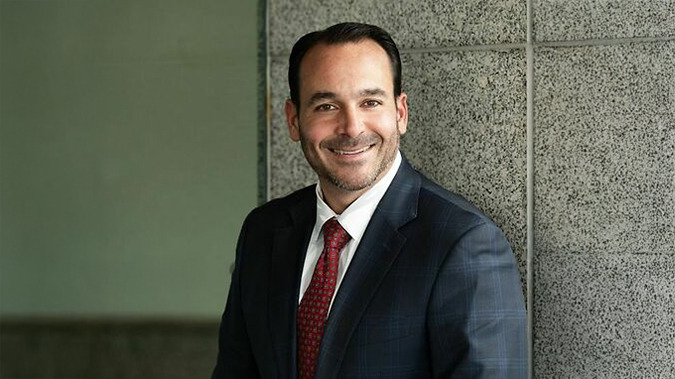We thank Chairman Gopal and the members of the Senate Education Committee for the opportunity to submit testimony regarding New Jersey’s school funding formula.
Imperative to this discussion is affordability and return on investment.
ROI on Taxpayer Fair Share Contribution
As property taxpayers, businesses, both large and small, foot almost half of the bill for our public schools. And this is a function of the current formula which relies heavily on the use of property taxes to fund public school operations. We recognize that this significant outlay of funds is an investment in a K-12 system which is part of the economic and workforce development pipeline, shaping the next generation of employees as well as business owners.
While businesses and residents can show our commitment to investing in the school system, the return on investment is not so readily apparent. Considering the number of students that come through New Jersey’s K-12 system that are not ready for the workforce, out-migrate and/or are unable to return to New Jersey due to a lack of affordability, the state must be more intentional about addressing one of the key cost drivers that contributes to unaffordability in our state—property taxes.
Evaluate Current Formula – Support S-1986
We need to better understand the cost drivers to deliver quality education to K-12 students in New Jersey and the effectiveness of the current school funding formula in meeting the needs of school districts. To this end, NJBIA is supportive of the bi-partisan legislation S-1986 sponsored by Chairman Gopal to establish a school funding formula evaluation task force which would evaluate and make recommendations to improve the formula.
Let the Formula Run
As we learned with the School Funding Reform Act of 2008 and the current funding tribulations of S-2, when attempting to right-size, apply an approved formula and approach 100% funding of equalization aid, it resulted in sizeable funding changes from year to year. While these adjustments were challenging to navigate, it provided stakeholders with important feedback that the State can use to inform future changes and modifications to arrive at a more equitable distribution of resources.
Future Considerations
There are important lessons that can be learned by the operation of the current model and concepts introduced in legislation that should be considered when seeking to modify the formula:
- Smooth out the formula to improve its predictability and stability for schools and taxpayers.
- This can be done through A-942 (Freiman/Drulis/Stanley) which would use a five-year average of equalized property valuation, and also other adjustments. Changes can be made to smooth out jumps and drops in enrollment and income on the calculation side or by creating a corridor in the year-to-year aid changes. This would smooth the running of the formula that is as it should be run every year, and that will reduce shocks to the system that could lead to a perceived need for new taxes at the local and state level.
- Special education adjustments to make funding more equitable and less of a burden on certain districts and taxpayers.
- The formula should be reformed to eliminate the census-based special education calculations and move to better follow the individual needs of children and districts.
- The state should fully fund extraordinary special education and have the state assume more of the special education burden such as through making special education categorical instead of wealth equalized.
- The intersection between the 2% property tax cap (which is not part of the formula) and the state’s formula, which may determine that a district has the means to contribute more to its local fair share, creates a funding gap that needs to be investigated and resolved. But it is important that any adjustments do not increase the overall tax burden in an already over-taxed and unaffordable New Jersey.
NJBIA stands at the ready to collaborate with educational partners and policymakers to identify a school funding formula that best utilizes the significant tax dollars paid by businesses and residents and best serves our children.




